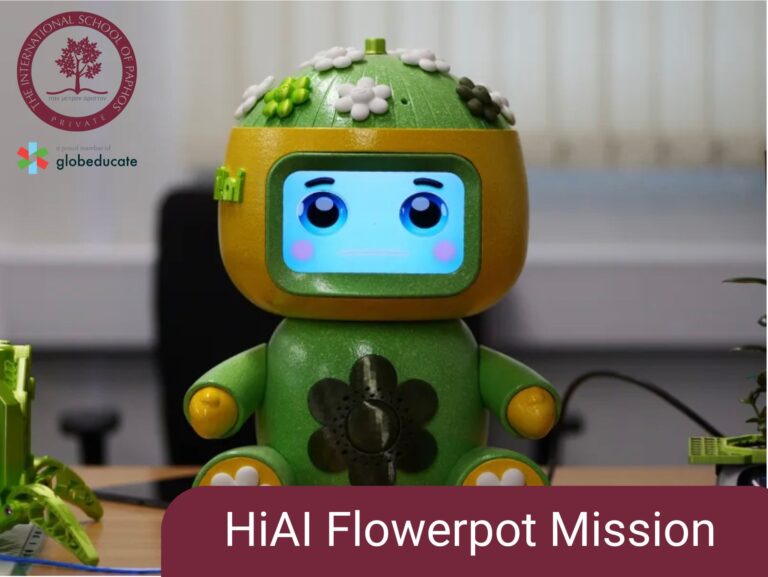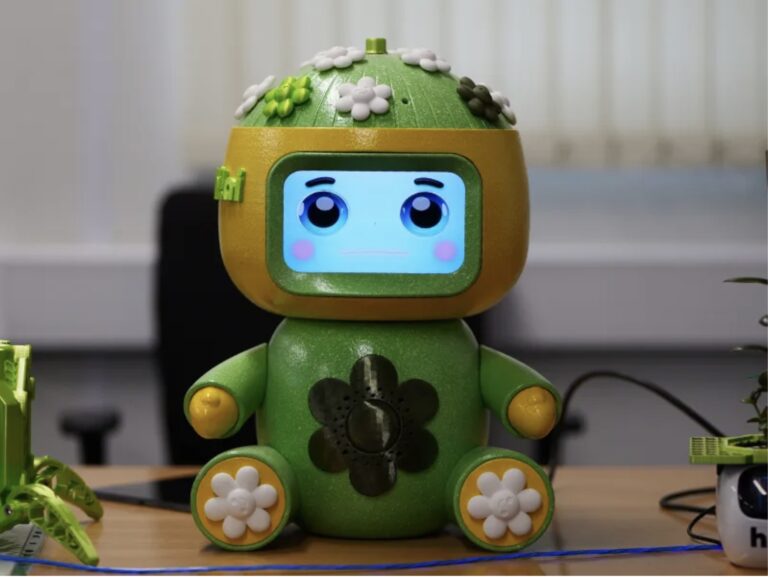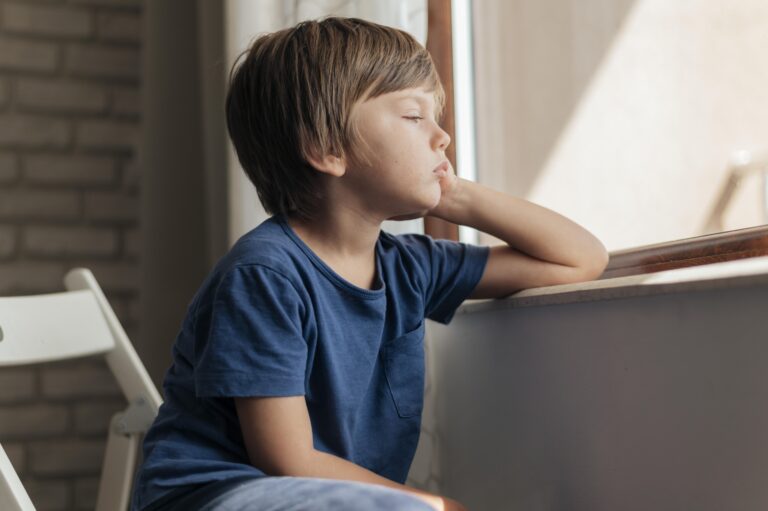I am sure that we all remember at least one trip from school, with a side-splitting anecdote and a horror story. School trips are an integral part of the educational experience, and have been for a long time in many countries, offering students opportunities to learn beyond the classroom. Whether it’s a day trip to a local museum, a residential trip within the country or an international student exchange programme, these experiences are invaluable. They provide educational benefits, foster personal growth, develop life skills and create lasting memories.
Day Trips start in Primary School and continue into Secondary as they offer a unique learning experience. Day trips to local museums, historical landmarks and forests, all offer hands-on learning experiences. Students can see, touch and interact with exhibits, making abstract concepts more tangible. These trips often complement the curriculum, providing real-world applications of classroom lessons. They can put their work into perspective and help students understand the reason behind certain concepts or why things are important to us. Day trips break the routine of school life, providing a refreshing change of pace. They encourage students to explore new environments and engage in activities that are both fun and educational. They take us out of our usual friendship groups and classes, allowing us to mix with new people while discovering new joint interests. Working together towards a common goal on understanding a concept, walking towards somewhere or simply finding a place to sit, allows us to see one another differently. Residential trips within the country, such as the Year 7 Residential Event, provides immersive learning experiences. Students can participate in workshops, team-building activities, quiet time and outdoor adventures that enhance their understanding of subjects, but more importantly of one another. Living away from home, even for a night, helps students develop independence and self-confidence. They learn to manage their time, take responsibility for their belongings, problem solve and work collaboratively with peers. These trips also foster social skills and strengthen friendships. Residential trips are packed with exciting activities and involve students collaborating in multiple groups while getting to know one another in a way that is not possible in school. Students get to show their strengths (and weaknesses) outside of the classroom and who they really are. These adventures create a sense of camaraderie and make learning enjoyable. The memories made during these trips often become cherished moments that students look back on fondly.
Travelling abroad for Residential Trips or participating in Student Exchange Programmes take these a step further in exposing students to different cultures, languages, foods and perspectives. They gain a global outlook and acquire a deeper understanding of international issues. These experiences can be particularly enriching for students, developing their skills further as they realise that parents are not there to solve every minor problem; thus, the students become more resilient, but also learn to use one-another’s skills and strengths. They learn budgeting (who wants to run out of money on day one?), how to pass through Immigration at the airport (how many of us don’t trust our children with their documents?), the value of looking after their belongings and if we are very unlucky, how to report a stolen item. International Trips challenge students to step out of their comfort zones and adapt to new environments. They learn to navigate unfamiliar places, communicate in different languages and appreciate cultural diversity. These experiences build resilience, adaptability and intercultural competence. They learn to use their phones in a smart way, the value of meeting deadlines and the boring but challenging aspect of bill splitting! Exploring new countries and cultures is an adventure in itself. Students can visit famous landmarks, try local cuisines and participate in cultural activities. Whether it’s attending a conference, visiting a historical site or simply enjoying the local scenery, these trips are filled with exciting discoveries.
School trips, whether domestic or international, offer a wealth of benefits that extend beyond academic learning. They provide opportunities for personal growth, foster social skills, independence and create unforgettable experiences. By participating in these trips, students not only enhance their education, but also develop a broader perspective on the world. Encouraging students to take part in school trips is an investment in their future – helping them become well-rounded individuals, ready to face the challenges of tomorrow.
Claire Polycarpou, Head of Secondary School



